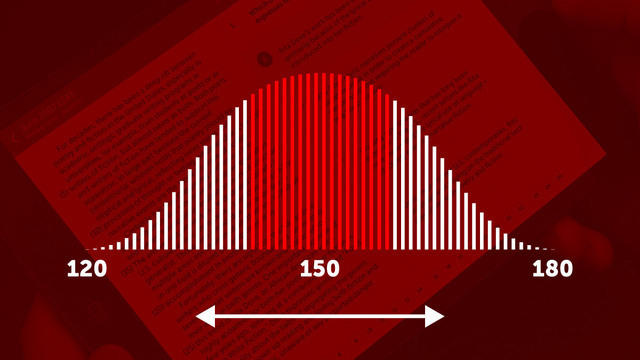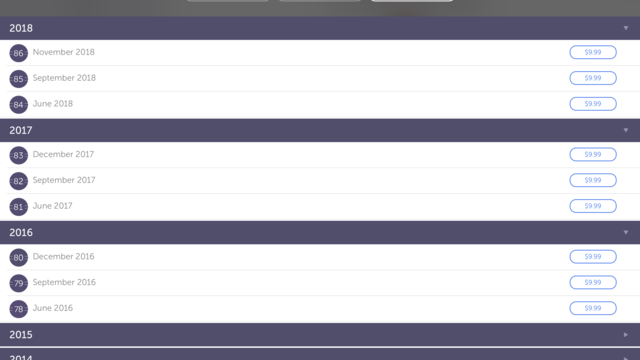Many LSAT students find that, at some point in their LSAT preparation, their score plateaus. It's like there is an Evil Glass Ceiling against which you bump your head, and which taunts you—"you'll never reach your ideal LSAT score!"
Not so, Evil Glass Ceiling. Not so.
If you are experiencing a score plateau, chances are you've gone as far as possible in improving your LSAT performance *while nevertheless keeping bad habits that are preventing you from doing even better.* The key to breaking through the Evil Glass Ceiling is to identify these lingering bad habits and then work hard to break them during your LSAT prep time.
Score Plateau in the Logical Reasoning Section
For example, some students experience a score plateau in the Logical Reasoning section. They can always manage to get to the first 17 or 18 questions, but then they run out of time. Or they can always somehow get 14 or 15 questions right, but the rest is a total crap shoot. What is happening here?
Most likely, these students are not approaching each Logical Reasoning question with maximum consistency. They are reading the stimulus somewhat carefully, but they are not crystal clear on whether every stimulus is an argument or a set of facts. Even when they think they know the stimulus contains an argument, these students do not fully grasp the logical strength of that argument—they aren't sure what the premises are, and they aren't clear on the logical relationship between the premises and the conclusion. Or perhaps they aren't totally fluent in the question types, so they aren't as clear as possible on what the test writers are asking before they start to read the answer choices. Each of these is a possibility that will limit your LSAT score.
Score Plateau with Logic Games
Likewise, some students find that they can almost always finish three games, but not always get to the fourth. What's happening here? Typically, these students have not yet learned to quickly and efficiently diagram the various conditions and indented rules that comprise any given Logic Game. They may struggle with sufficient and necessary diagramming, or inconsistently depict sequencing so as to confuse themselves with different facing symbols. Or they may sink too much time trying to come up with every single possible secondary inference, rather than moving confidently into the questions and letting the questions guide further inferences.
We have a series of blog posts on the worst mistakes students can make, one for each section type—Logic Games, Logical Reasoning and Reading Comp. Review these posts, and evaluate whether you are falling into one or more of these traps as you study for the LSAT. If so, train your mind to consciously avoid these pitfalls. This will help you get past the Evil Glass Ceiling.
One Final Note
Sometimes, the best remedy for a score plateau is a short break from all things LSAT related. If your study schedule allows you to take some time off, step away from the LSAT entirely for a short while. Many students find that, during this time, their subconscious mind continues to think about LSAT prep and optimal skills. Still, something about having a little break from active practice gives many students the mental space they need to have everything "click" when they return to their LSAT prep.
In any case: do not become discouraged. Thousands of students before you have taken this exam, and many, including our founder, have experienced a frustrating score plateau before breaking through the Evil Glass Ceiling and achieving the score of their dreams. Like them, you can do this!
Hope this helps! If you have any questions, please feel free to contact us at any time via email or at 855.483.7862 (Monday-Friday 9am-6pm PST).












